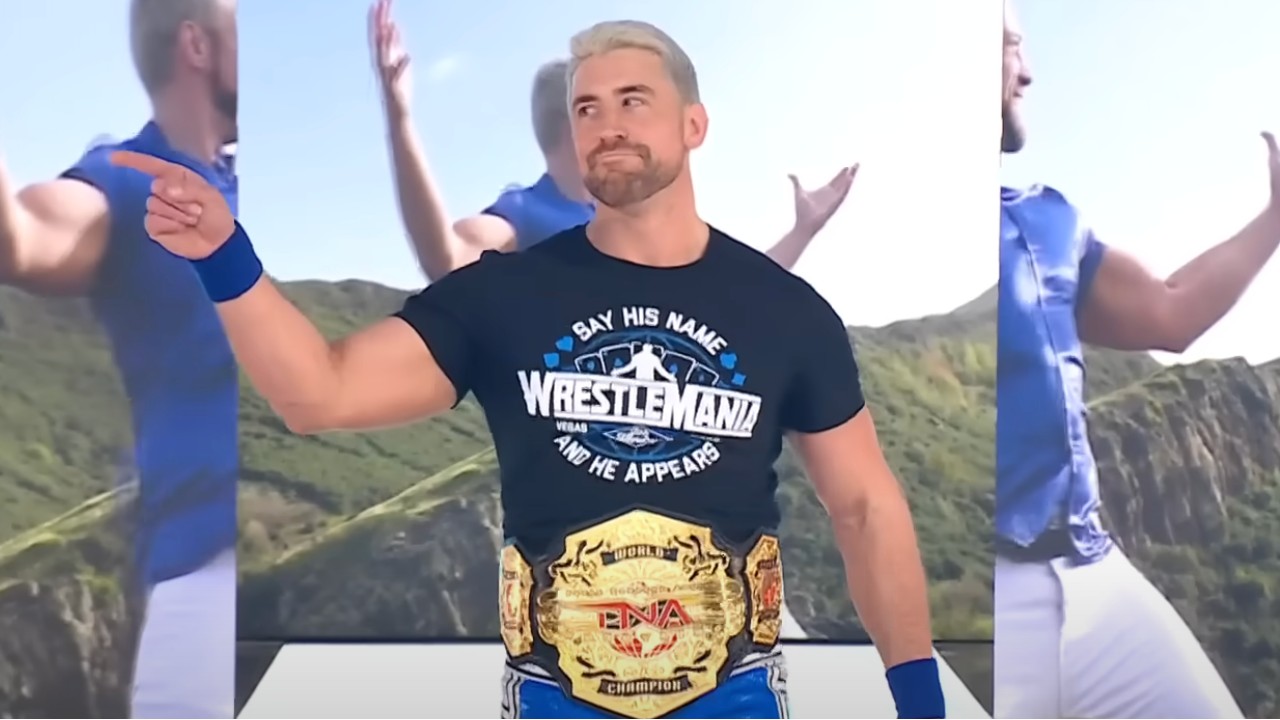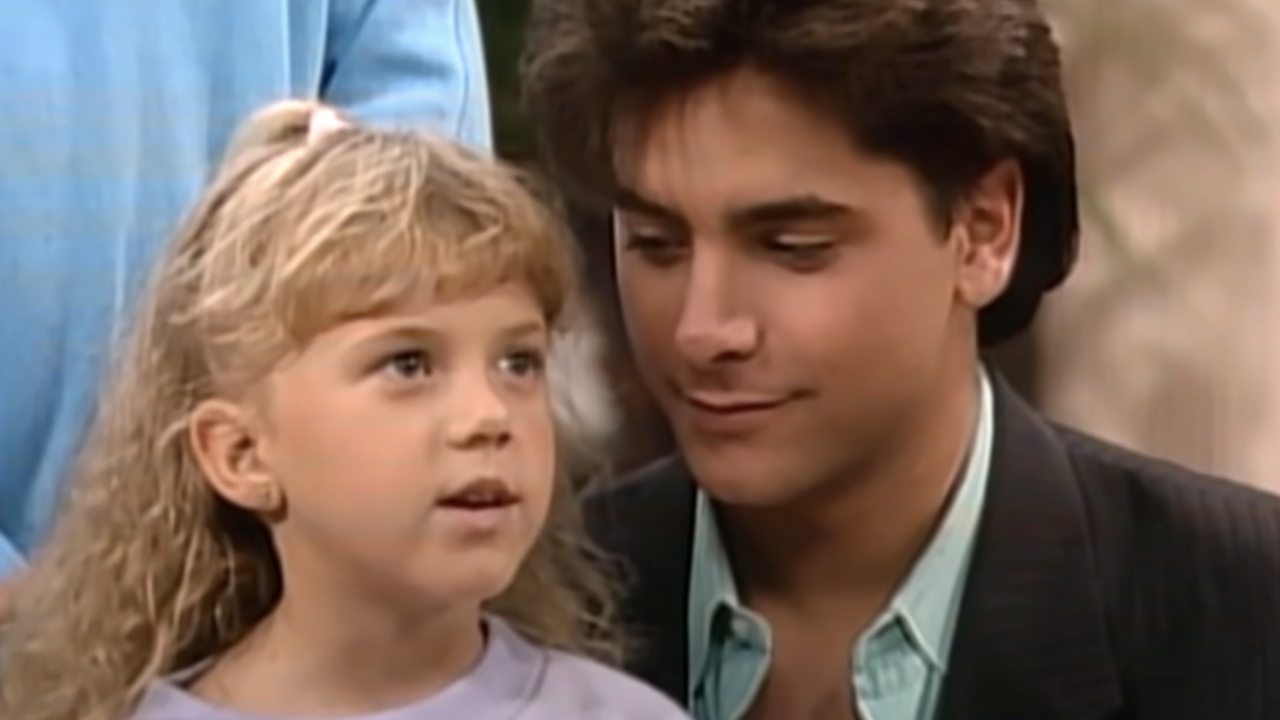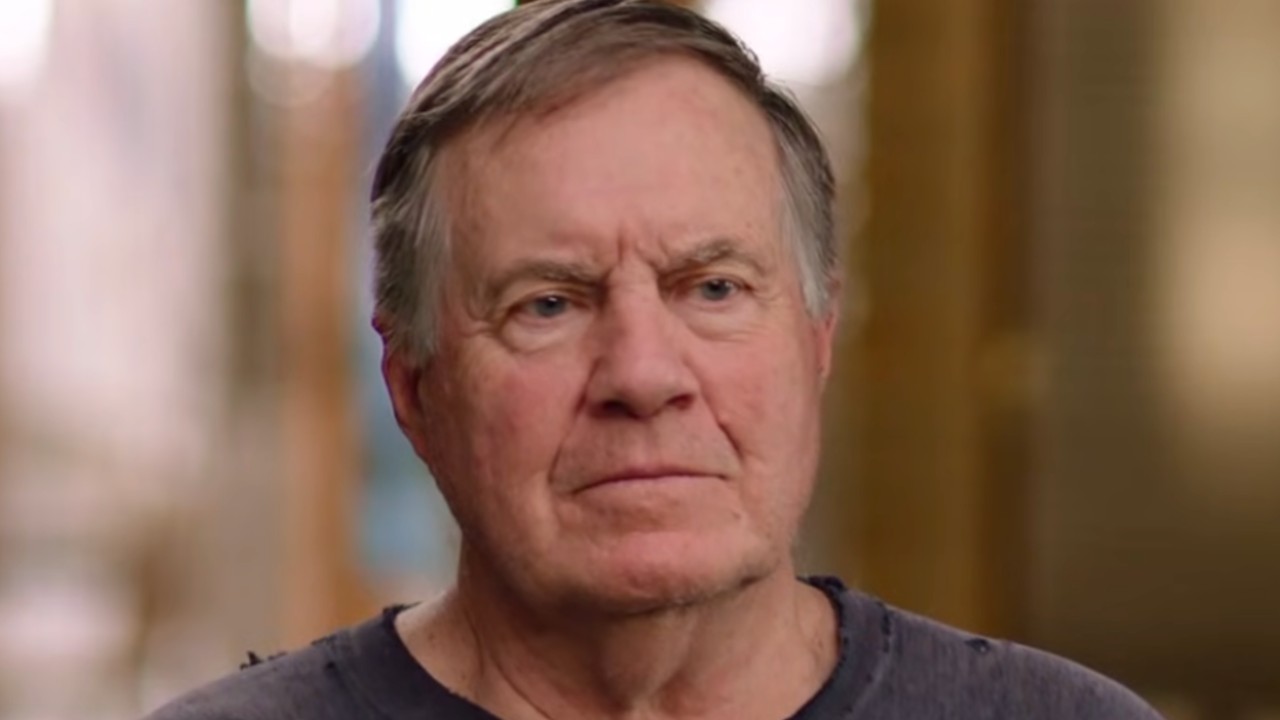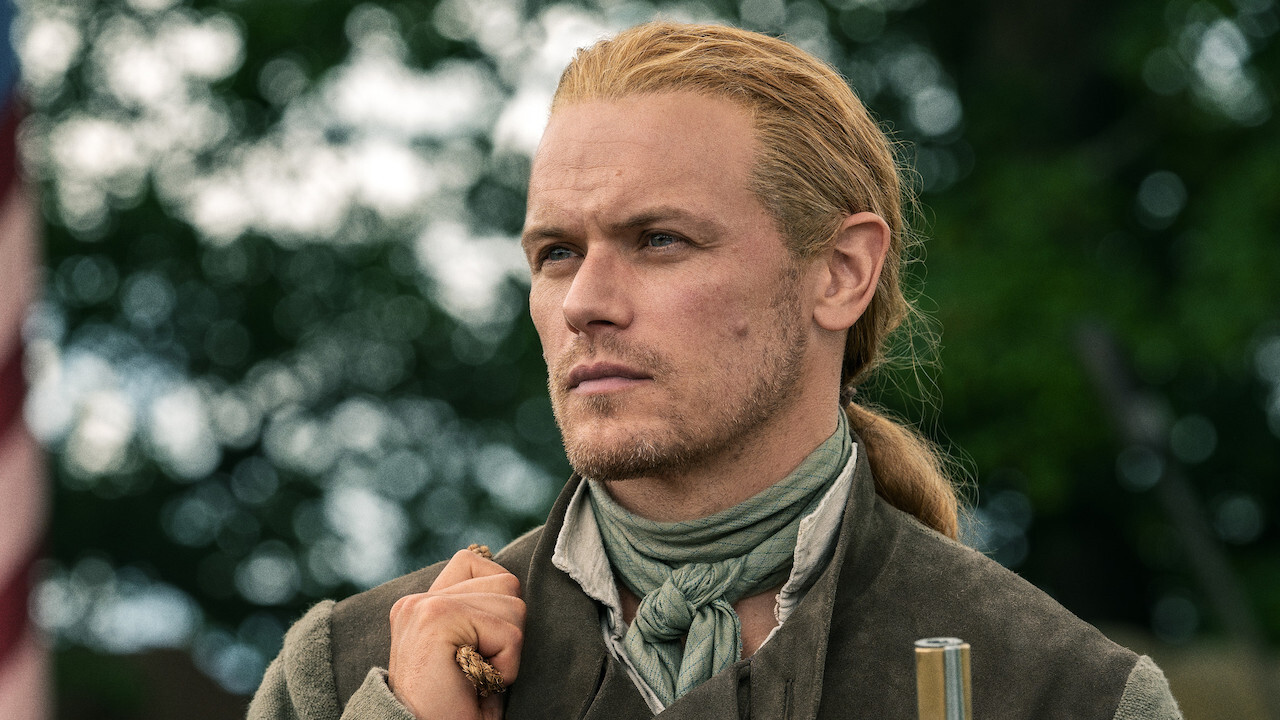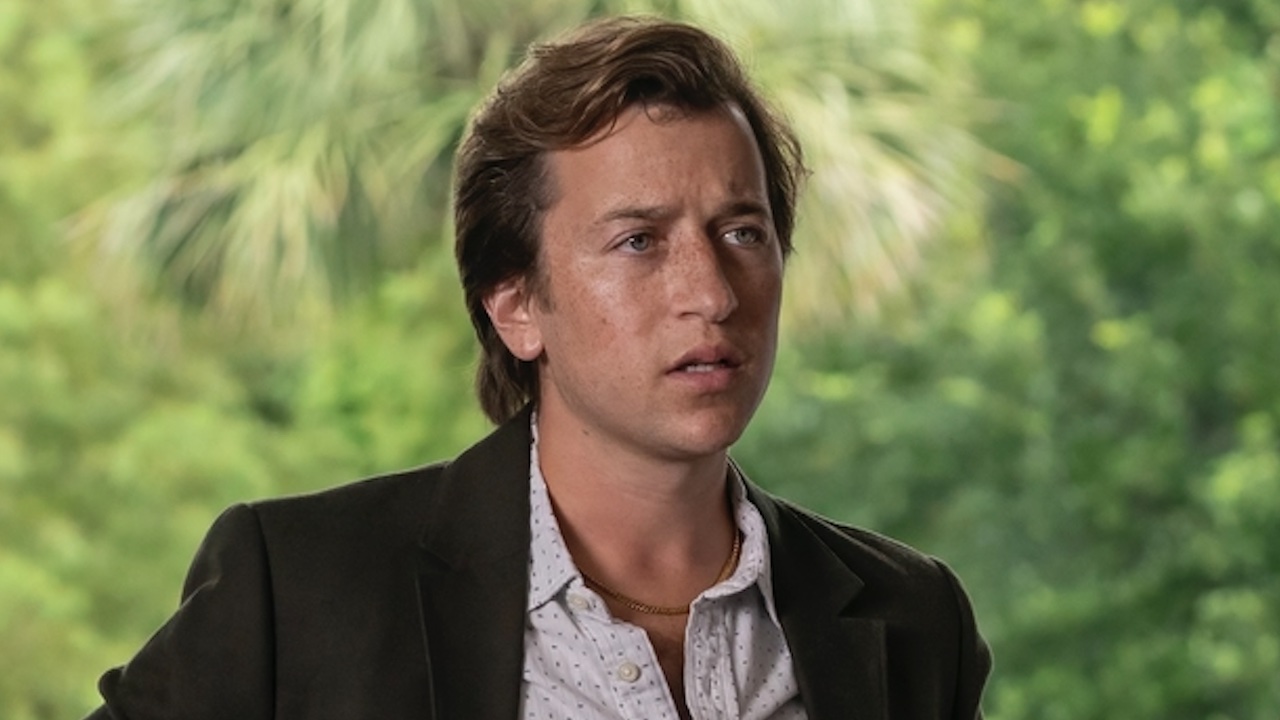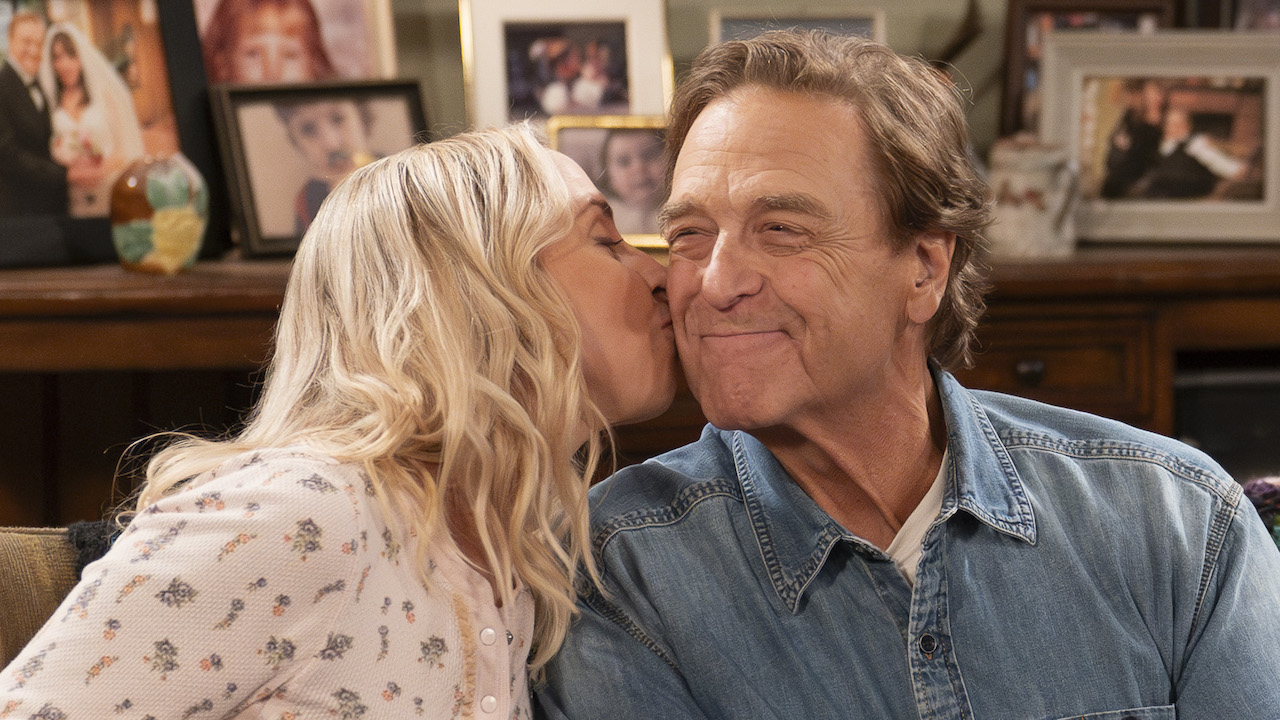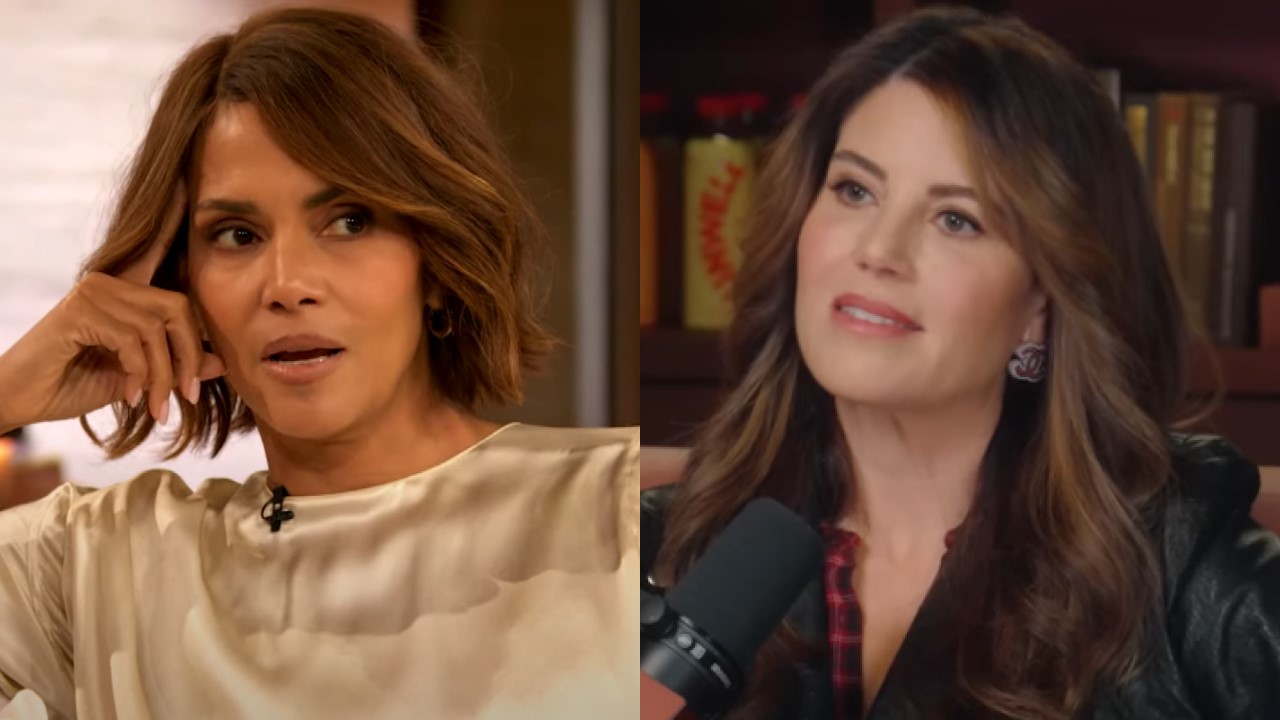Let's Talk About Black Panther's Curious Killmonger Decision
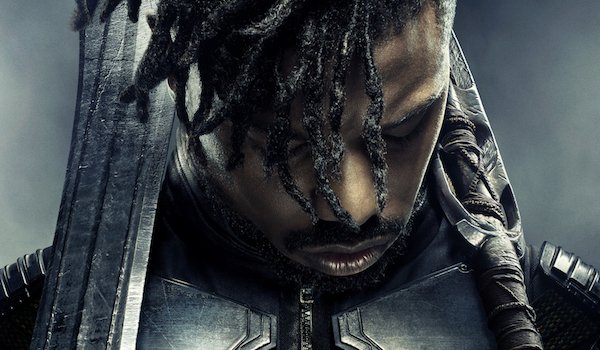
Warning: SPOILERS for Black Panther are ahead!
In addition to being one of the Marvel Cinematic Universe's most commercially successful movies, Black Panther is also being widely labeled as one of the best entries of the franchise. Among the many elements of T'Challa's standalone movie that are being praised is the main antagonist, Michael B. Jordan's Erik Stevens, a.k.a. Killmonger. Revealed to be Wakandan royalty and growing up to be a fierce black-ops assassin, Killmonger seized the African nation's throne and nearly succeeded in sending vibranium weaponry to Wakandan operatives across the globe. However, his plan was foiled thanks to T'Challa and his allies, and during his battle with the eponymous hero, Killmonger was stabbed in the chest, and he later removed the spearpoint to end his life.
We've already given our take on why Black Panther killing off its secondary antagonist, Andy Serkis' Ulysses Klaue, was a mistake. However, can the same be said for Killmonger, or was it the right creative call to take him off the board permanently? That's what we're here to hash out, so starting off, let's go over why it was a good decision for Killmonger to die in Black Panther.
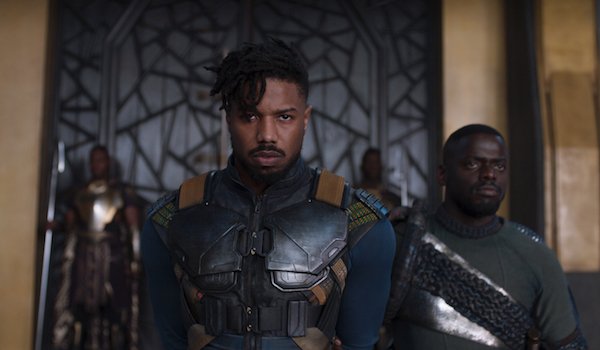
Pro
Say what you will about Killmonger, he was a man who lived by his principles, however misguided they were. After discovering N'Jobu's journal, he grew up to continue the mission his father began: distributing vibranium weaponry to people of African descent across the globe so that they could rise up against their oppressors. In his mind, Killmonger was fighting to bring justice for people like him, and even when he was defeated, he valued his own freedom more than simply staying alive. As he told T'Challa after refusing the offer for Shuri to heal him:
Bury me in the ocean with my ancestors who jumped from ships, 'cause they knew death was better than bondage.
That's an incredibly powerful statement to go out on, and certainly in keeping with Killmonger's characterization. Even in the aftermath of defeat, being thrown into a Wakandan prison for the rest of his life would have been a fate worse than death. If the fight between T'Challa and Killmonger had ended with the latter being taken into custody and swearing revenge, not only might that have come across as cliched, but then Black Panther wouldn't have hit that emotional note, which was one of the movie's best moments. Plus, an argument could be made that if T'Challa hadn't watched Killmonger choose to end his life, he might not have been swayed to set up that Wakandan outreach center in California and reveal Wakanda's true nature to the world. Killmonger's ideology was twisted, but he was right about one thing: Wakanda needs to start aiding the rest of the world rather than stay isolated. So if you think about it, for T'Challa to take that next developmental step, Killmonger needed to die.
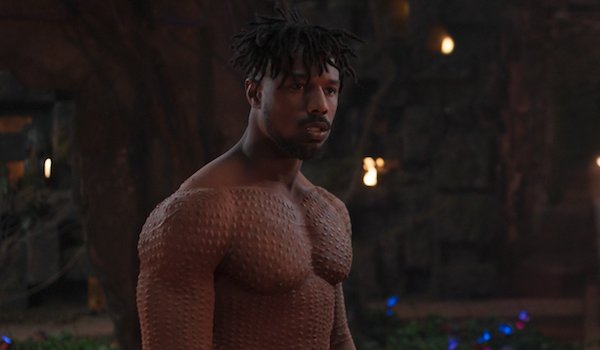
Con
Although Black Panther has been one of Marvel Comics' most enduring characters for decades, he doesn't have a particularly large rogues gallery, and some of his foes from the comics wouldn't necessarily work in a movie setting. With Ulysses Klaue dead and M'Baku being reframed as a rival-turned-ally for T'Challa, it would have been interesting to see T'Challa and Killmonger's conflict continue into another movie. Let's not forget that more often than not, the MCU kills off its main antagonists, and while for some this is a good idea, for others, taking them out prevents them from being fleshed out and becoming more appealing characters. Thankfully, Black Panther was able to make Killmonger extremely compelling in one movie, but imagine how much more we could have grown to appreciate him had he been kept for the surely-inevitable Black Panther 2.
Black Panther and Killmonger have been feuding in the comics for years, and on a couple occasions Killmonger was able to conquer Wakanda for himself, just like his cinematic counterpart did through more proper (but nonetheless sketchy) channels. While it would have been repetitive for Black Panther 2 to show Killmonger taking the Wakandan throne for himself again, that doesn't mean we couldn't have been given a fascinating follow-up match with his arch-nemesis. If the sequel didn't want to fully re-tread a direct fight between the two, perhaps there could have been a situation where T'Challa and Killmonger were forced to join forces to defeat a common enemy. Though I imagine that once said situation had been resolved, Killmonger would once again try to kill T'Challa. Regardless, it would have been great to see Killmonger continue being one of the MCU's best villains.
CINEMABLEND NEWSLETTER
Your Daily Blend of Entertainment News
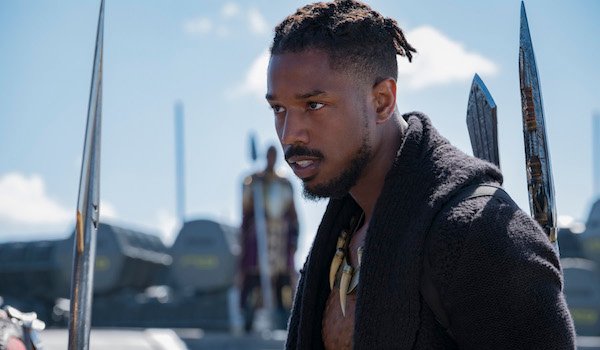
Consensus
The MCU loves to set up sequels/future movies, whether it's through lingering plot threads or mid/post-credits scenes. So it wouldn't have been difficult for Black Panther to keep Killmonger alive and have him return for Black Panther 2. However, I believe that Ryan Coogler and Joe Robert Cole made the right call with killing off Michael B. Jordan's character in Black Panther. Above all else, a movie needs to tell a good story, and one of the ways Black Panther did that was by giving Killmonger such a strong open-and-closed arc. Over the course of two+ hours, we watched him be a ruthless killing machine, take over an entire country and nearly succeed in starting a new world war. In the end, he was vanquished like most super villains are, but by going out on his own terms, Killmonger delivered a heartbreaking moment in Black Panther's final moments that not only was fitting for the kind of man he was, but also helped distinguish the story from other superhero movies. There certainly would have been potential in keeping Killmonger around for another movie, but it arguably wouldn't have been nearly as interesting as how his journey ended in the latest MCU movie.
This poll is no longer available.

Connoisseur of Marvel, DC, Star Wars, John Wick, MonsterVerse and Doctor Who lore, Adam is a Senior Content Producer at CinemaBlend. He started working for the site back in late 2014 writing exclusively comic book movie and TV-related articles, and along with branching out into other genres, he also made the jump to editing. Along with his writing and editing duties, as well as interviewing creative talent from time to time, he also oversees the assignment of movie-related features. He graduated from the University of Oregon with a degree in Journalism, and he’s been sourced numerous times on Wikipedia. He's aware he looks like Harry Potter and Clark Kent.

